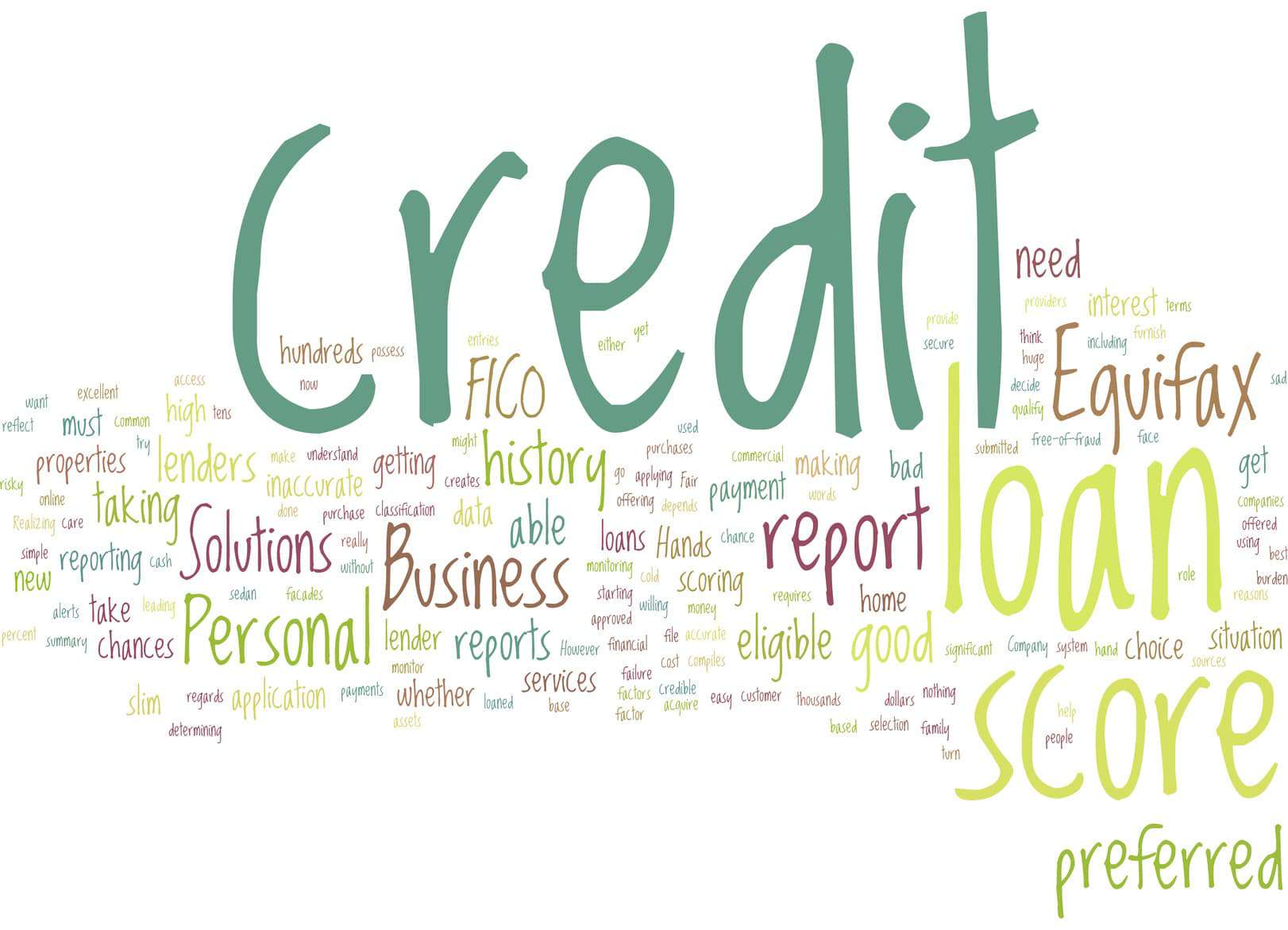Credit scores vary based on their origin. In fact, each of us has at least 50 different credit scores at any given time. Why is that? How does it all work?
- What is a FICO Score
- Why are there different credit scores
- Benefit of having different credit scores
- Different credit scores – good & bad
Ever applied for a home loan expecting one credit score only to have your loan officer tell you something different? If so, you are not alone. In fact, pulling your credit on a site like Credit Karma prior to your mortgage application means your mortgage scores are almost guaranteed to appear different with your lender.
What is a FICO score?
FICO stands for “Fair Issac’s Corporation” – a company holding over 130 tech patents. FICO dominates the data collection and reporting industry. Since their start in 1989, Fair Isaac’s Corp. has created numerous credit scoring models. In fact, FICO has birthed over 50 differing FICO credit score models.
The term “FICO score” and “Credit Score” have become interchangeable. While other credit scores besides those based on a FICO model exist, FICO by far is the leader in the field. In fact, over 90% of all credit decisions made use a FICO score.
Simply put, a FICO score is a credit score generated from a proprietary calculation owned by – you guessed it – the Fair Isaacs Corporation. The popularity of FICO based credit scores over other company’s versions led to the terms “FICO score” being a proprietary eponym for “Credit score” (think “kleenex”). In the end, the score generated by a FICO model represents what kind of credit risk we are to creditors and lenders.
Why so many FICO Scores?
FICO believes a person’s credit habits can differ from area to area. For example, someone that makes their mortgage and auto loan payments on time may tend to maximize credit card balances. As a result, each of the many FICO score models in existence weights data differently and in a way catered to the user of the credit score generated.
Creditors and lenders choose what FICO scoring model used. The different FICO score types provide tailored reporting to a specific product whether it be a mortgage, credit card or auto loan. As a result, creditors can make the best credit and lending decisions to the right individuals.
To help make lenders make more informed credit-granting decisions the FICO Score model has been updated periodically over the years
Myfico.com
Credit reporting is nothing more than trying to tell the future. Creditors use credit scores to predict if a consumer will pay them back. Credit scoring embraces the belief of past performance predicts future behavior. In other words, a consumer with propensity to make mortgage and auto payments on time is probably going to continue to do so.
Different Credit Scores Power the Economy
The idea of consumers having credit strengths and weakness translates into consumers having different credit scores on different FICO models. For example, a FICO model used by mortgage lenders (ex: FICO 5) might show a higher score for the same person than FICO score model credit card companies use (ex: FICO 8).
Having different credit scoring models allows mortgage companies to identify the same consumer as a good risk while still telling credit card companies to steer clear. What happens if instead of the above, all industries & creditors used the same credit score model the credit card company used?
Many consumers would be denied access to a new home purchase and a new auto loan. That idea, extrapolated out over the entire economy directly impacts job growth and economic growth. Smarter credit scoring is a GREAT thing. Creditors want to lend/approve as many people as they can. They just can’t lend to people that won’t pay them back.
Learn more about your credit report
Different Credit Scores: Good with the Bad
This system of numerous specialized FICO score models usually gets noticed when a person sees a lower score pop up somewhere. For example, someone pulling credit on Credit Karma notices a lower score than their mortgage lender provided. In this case, Credit Karma was likely a FICO 8 score and the mortgage lenders was a FICO 2, 4 or 5 score. In fact, this particular person should be thankful difference scores are used as they may not be able to obtain a home loan if that were not the case.
Ultimately, smarter credit score models are good for everyone.
By Jeremy House


2 comments